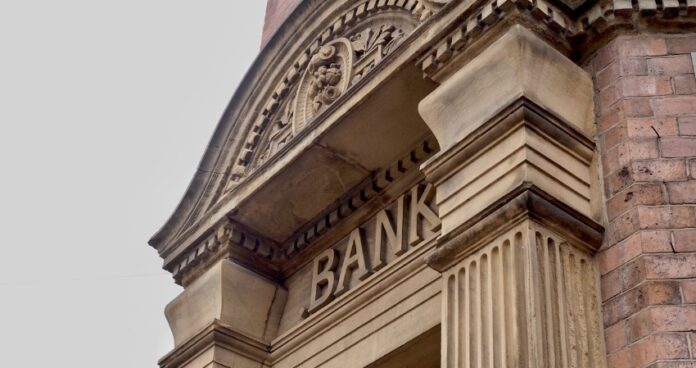Banks have injected over Rs1 trillion into non-bank financial institutions (NBFIs) to meet the advance-to-deposit ratio (ADR) requirement of 50% by the end of 2024, avoiding an incremental tax, according to the State Bank of Pakistan’s (SBP) latest report.
From July 1 to November 15, bank lending to NBFIs hit Rs1,015.38 billion, compared to a net debt retirement of Rs55.8 billion in the same period last year. This is 130% higher than the total stock of NBFI credits, which stood at Rs441.6 billion on June 30.
NBFIs, which provide selected financial services without holding banking licenses, have become a focus for banks as they manage excess liquidity. To meet the ADR target, banks have been increasing lending and reducing deposits. Some have sent notices to large account holders with deposits between Rs1 billion and Rs5 billion, asking for a 5% fee on their balances.
In FY24, NBFIs experienced a net debt retirement of Rs70.9 billion, contrasting with a net credit of Rs144.7 billion in FY23. Earlier in April, bankers warned that NBFIs could face shutdowns without lending support, as high interest rates—standing at 22% throughout FY24—have pressured the economy while banks benefited from government borrowing.
Despite reduced government borrowing, following the SBP’s Rs2.7 trillion in profits, banks are now being compelled to lend to the private sector and minimize deposit bases to achieve the ADR requirement.
At the end of FY24’s third quarter, NBFIs recorded a net debt retirement of Rs93 billion, compared to Rs140 billion borrowed in the same period last year.




